Study: The Role of Cloud Computing in Developing Information Services in Academic Libraries: A Comparative Study
Written by: Dr. Nasser Mutab Al-Kharinj, Dr. Ahmed Ahmed Al-Muzain
Recent years have witnessed a radical shift in the concept of information service provision, particularly with the emergence of advanced technologies such as cloud computing, which has become a pivotal factor in developing information services in academic libraries. This study aims to shed light on the impact of this technology on improving operational efficiency, expanding access, and reducing costs, through a field comparison between the libraries of Cairo University, Kuwait University, and the University of North Texas.
Study objectives and methodology
The study focused on measuring the effectiveness of cloud computing applications in developing information services, analyzing their usage, exploring their advantages, and identifying the challenges facing their implementation. The researchers followed a descriptive-analytical approach, utilizing a checklist tool directed at the three library managers.
Types of cloud computing used
The study showed the diversity of cloud computing use among the libraries under study. Cairo University Library adopted the software as a service model (SaaS), while the University of North Texas Libraries used multiple models such as Infrastructure as a Service (IaaS) and Platform as a Service (PaaS), which gave them greater flexibility in developing information services. Kuwait University Libraries, on the other hand, did not formally adopt a specific model, despite using partial cloud applications.
Applications used in libraries
Cloud applications used included:Google Scholar, Word Online, Dropbox, Google Drive, Microsoft Office 365, and others have contributed to the development of information services by accelerating work processes, facilitating access to content, and achieving integration between operating systems, indexing, lending, and electronic periodicals.
Main results of the study
The results showed that the University of North Texas libraries have made significant progress in developing information services thanks to the extensive and systematic use of cloud computing technologies. In contrast, Cairo University has achieved a good level of improvement, but it has been limited by poor training and the absence of a comprehensive plan. Kuwait University is still in the process of preparing to adopt this technology, which has had a negative impact on its service performance.
Advantages of cloud computing in developing information services
The study concluded that cloud computing offers multiple advantages that directly contribute to the development of information services, such as:
- Reduce operating and maintenance costs.
- Providing quick and flexible access to information resources.
- Provides huge storage spaces.
- Improving cooperation between academic libraries.
- Supporting innovation, digitization, and smart transformation in service delivery.
Challenges Facing Cloud Computing Implementation
Despite the many advantages, libraries face a number of challenges that hinder the development of information services through the cloud, such as:
- Lack of qualified IT personnel.
- Privacy and data security issues.
- Poor infrastructure in some libraries.
- Lack of management awareness of the importance of cloud computing.
- Fear of data loss or mismanagement.
The impact of cloud computing on the quality of information services
The study demonstrated that the use of cloud computing leads to significant improvements in the quality of services, such as electronic indexing, supply, lending, digital repositories, document supply, and e-marketing. All of these aspects are essential to the development of information services, emphasizing the need to invest in both technology and people.
Study recommendations
The study concluded with a set of important recommendations aimed at supporting the development of information services via cloud computing, most notably:
- Training employees on cloud applications.
- Develop strategic plans for technology adoption.
- Investing in digital infrastructure.
- Involving senior management in technical planning.
- Teaching cloud computing in university library and information science curricula.
This study confirms that cloud computing is no longer just a technical option, but has become an essential foundation for any plan to develop information services in academic libraries. Success in this field depends on libraries' ability to absorb and effectively implement modern technologies.
While Arab libraries vary in their progress on this path, there is still an opportunity to bridge the gap, provided decisive implementation steps are taken toward a full digital transformation.
The role of human resources in supporting the development of information services
One of the study's most significant findings is that the success of developing information services depends not only on adopting cloud computing technologies, but also largely on the readiness of human resources capable of using these technologies efficiently. The study indicated that some libraries suffer from a shortage of qualified IT staff, which negatively impacts the ability to exploit the full potential of cloud computing. In contrast, the University of North Texas Libraries demonstrated a successful model for training its staff, which directly helped achieve a qualitative leap in the development of information services.
The impact of cloud computing in supporting scientific research
One important dimension addressed in the study is the impact of cloud computing on supporting the research environment in universities. Libraries that have provided tools such as digital repositories, electronic databases, and file-sharing applications have been able to improve the scientific research environment, leading to a tangible development in research information services. This has helped researchers and students easily access up-to-date resources, reduced the time required for searching and retrieval, and enhanced interaction with academic electronic systems.
The importance of integration between cloud and traditional systems
The study also noted that some libraries seeking to develop information services combined traditional and cloud-based systems into a hybrid work environment. This integration allowed them to maintain some stable systems while simultaneously benefiting from the flexibility and speed of cloud technologies.
However, this dual environment requires careful planning to ensure that there are no conflicts in performance or data protection. Therefore, developing information services in a hybrid environment requires advanced management tools and clear policies that ensure system consistency and integration.
Cloud computing as a tool for achieving environmental sustainability
One of the innovative perspectives presented by the study is that cloud computing is a means of achieving environmental sustainability in libraries. Reducing reliance on local infrastructure, reducing energy consumption, and reducing paper printing are all factors that fall under a responsible environmental strategy. Therefore, developing information services through the cloud not only achieves operational goals, but also contributes to achieving environmental objectives, which is in line with global trends in the field of libraries and information.
Towards a Digital Future for Academic Libraries
The study concludes that the future of academic libraries is closely linked to their ability to adopt cloud computing, not just as a technical tool, but as a comprehensive operational model that redefines how services are delivered, knowledge is managed, and interactions with users are conducted. In this context, developing information services shifts from simply updating tools to a comprehensive reengineering of the nature of services themselves.
The study calls for libraries to shift from traditional thinking to more innovative models based on artificial intelligence, machine learning, and cloud computing as indispensable future tools..
You can download the study: The Role of Cloud Computing in Developing Information Services in Academic Libraries: A Comparative Study directly from here.
 يمكنك تحميل دراسة: دور الحوسبة السحابية في تطوير خدمات المعلومات في المكتبات الأكاديمية: دراسة مقارنة مباشرةً من هنا.
يمكنك تحميل دراسة: دور الحوسبة السحابية في تطوير خدمات المعلومات في المكتبات الأكاديمية: دراسة مقارنة مباشرةً من هنا.

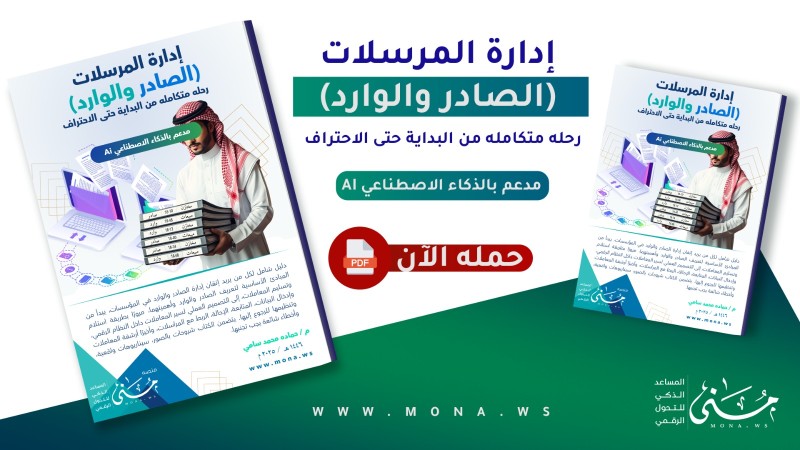
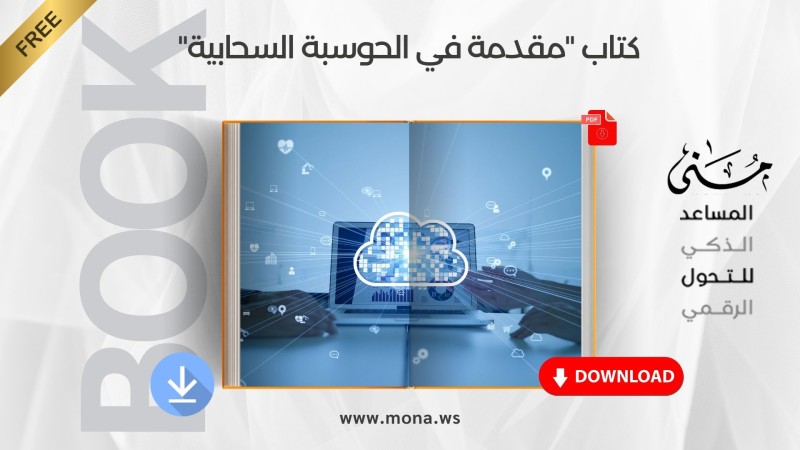

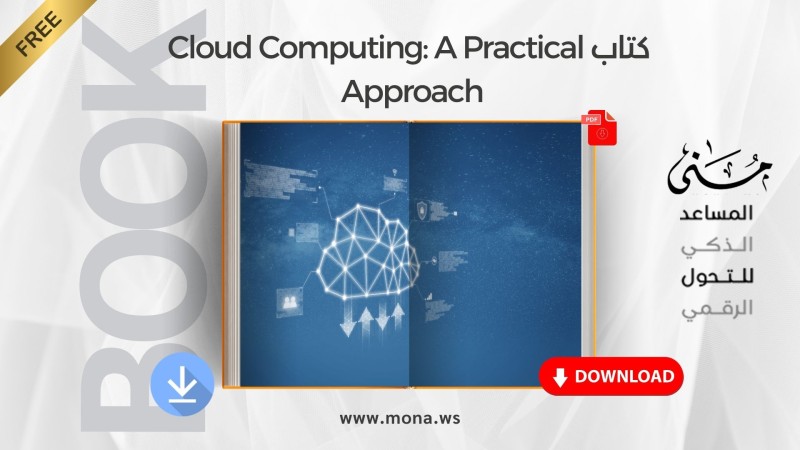
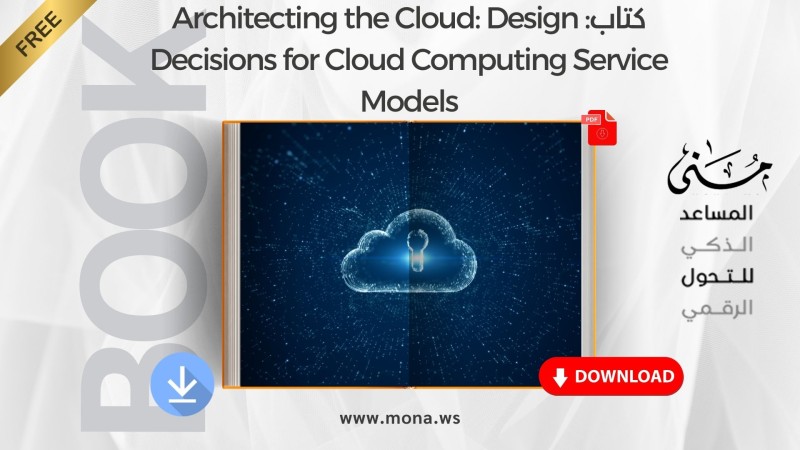
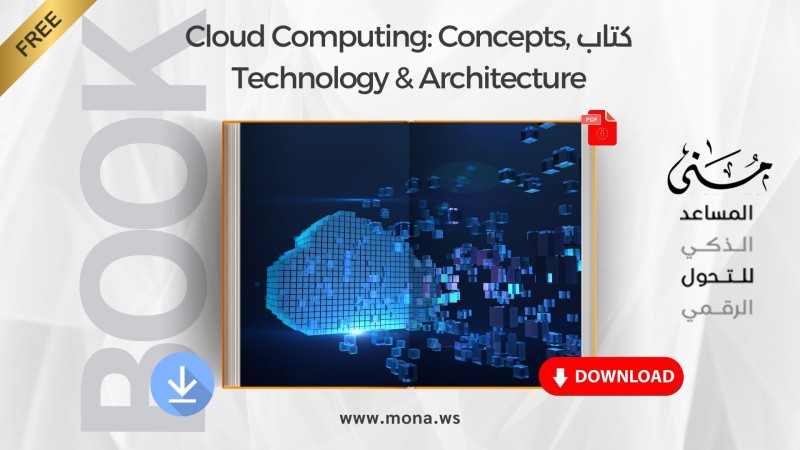
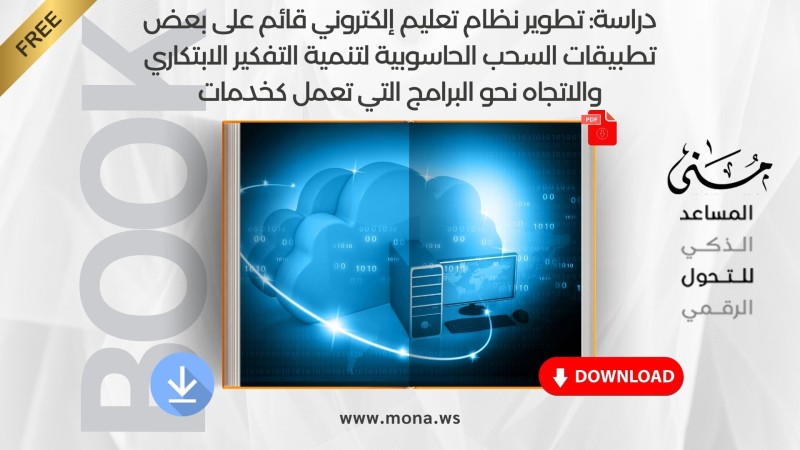
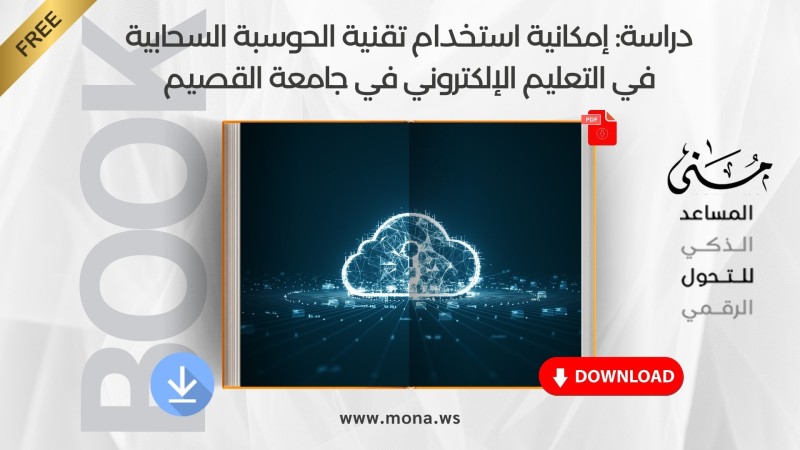
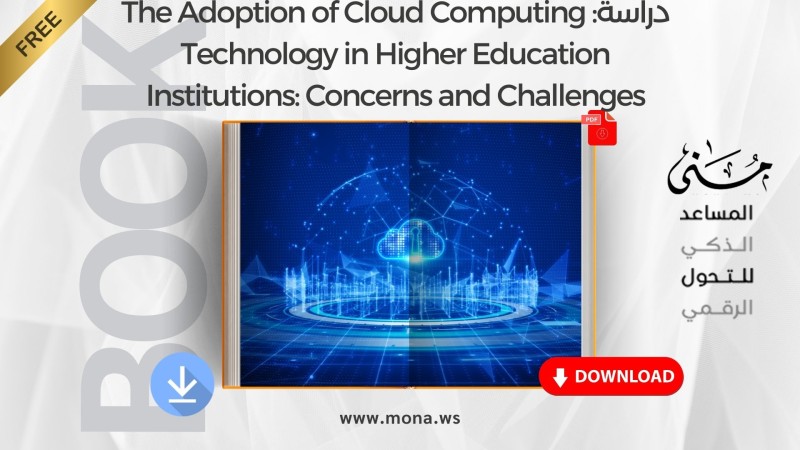
Comments
Add New Comment